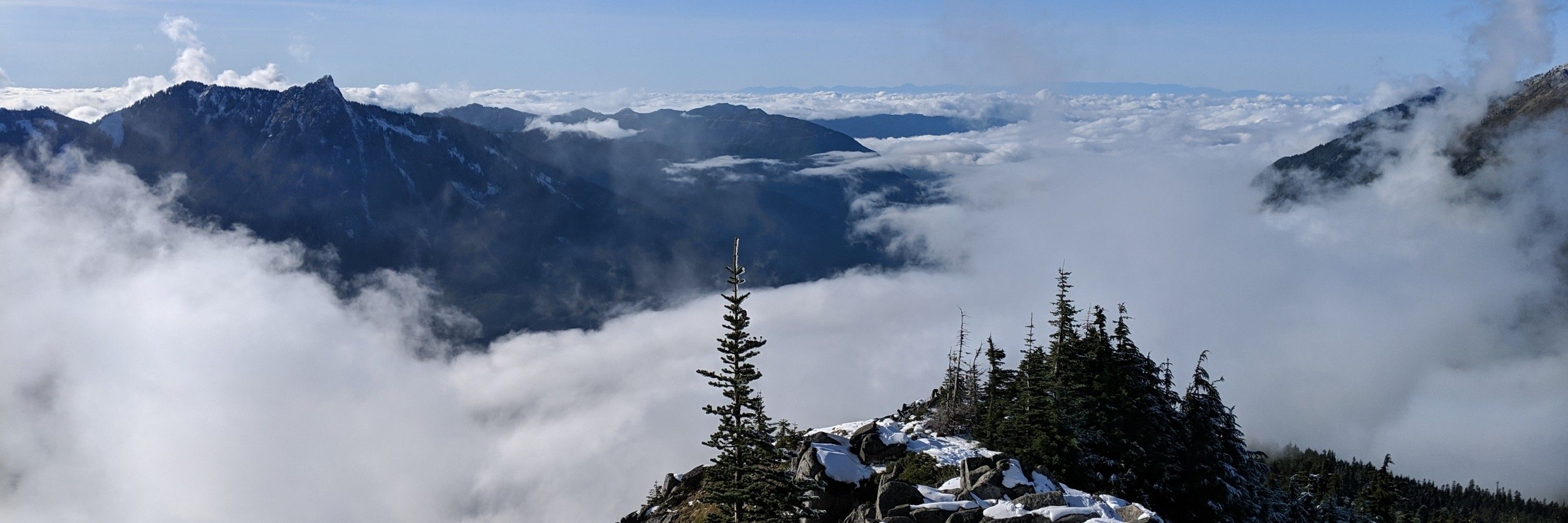
Michael MacCoss
@maccoss.bsky.social
Professor of Genome Sciences University of Washington, Seattle. Interested in proteomics and mass spectrometry.
We use this strategy to assess the improvement in the Astral Zoom over the original. We also use this strategy to evaluate the effect of different acquisition strategies. Looking forward to seeing others apply this approach in the evaluation of other instruments. Great work by @chrhsu.bsky.social.
October 22, 2025 at 3:32 PM
We use this strategy to assess the improvement in the Astral Zoom over the original. We also use this strategy to evaluate the effect of different acquisition strategies. Looking forward to seeing others apply this approach in the evaluation of other instruments. Great work by @chrhsu.bsky.social.
It's lossless in the sense that there is no loss in information in counting one ion at a time versus 10^4. When you have a large number of items one should never count them 1 at a time.
October 16, 2025 at 9:19 PM
It's lossless in the sense that there is no loss in information in counting one ion at a time versus 10^4. When you have a large number of items one should never count them 1 at a time.
If those professors are anything like me they probably need the most teaching.
September 10, 2025 at 4:15 PM
If those professors are anything like me they probably need the most teaching.
I would argue this is the same for most proteomics. There are definitely a lot of challenges with experimental design and I think the field in general struggles to understand and how to minimize confounders.
August 27, 2025 at 3:43 PM
I would argue this is the same for most proteomics. There are definitely a lot of challenges with experimental design and I think the field in general struggles to understand and how to minimize confounders.
Maybe they mean multi-protein profiling?
July 31, 2025 at 8:45 AM
Maybe they mean multi-protein profiling?
Just saw it now back to back.

July 30, 2025 at 11:12 PM
Just saw it now back to back.
I believe that academic-industry partnerships accelerate science. In the US, the Bayh-Dole Act incentivized the commercialization of discoveries made with govt funds. This is credited with the creation of the US biotech industry. Even better when this feeds back to provide $$ for academic research.
July 30, 2025 at 1:00 AM
I believe that academic-industry partnerships accelerate science. In the US, the Bayh-Dole Act incentivized the commercialization of discoveries made with govt funds. This is credited with the creation of the US biotech industry. Even better when this feeds back to provide $$ for academic research.
There is pressure for every science job and there can br a COI for job preservation, promotion, helping a colleague, writing a reference letter, etc... We should acknowledge our COIs and ask for guidance in managing them.
July 29, 2025 at 9:24 PM
There is pressure for every science job and there can br a COI for job preservation, promotion, helping a colleague, writing a reference letter, etc... We should acknowledge our COIs and ask for guidance in managing them.
I don't think there is a difference. A core lab with a service agreement is under a ton of pressure to deliver results. A CRO performing an analysis on a large contract. A startup struggling to get its next round of VC funding. A PI wanting one more high impact paper for promotion.
July 29, 2025 at 9:24 PM
I don't think there is a difference. A core lab with a service agreement is under a ton of pressure to deliver results. A CRO performing an analysis on a large contract. A startup struggling to get its next round of VC funding. A PI wanting one more high impact paper for promotion.
I can say that our lab is currently funded mostly (>75%) from NIH, DOE, IARPA, etc... funds. Other than MS core facilities, I believe this is pretty standard. Most of our non-federal funds comes to support the Skyline and Pwiz projects and that supports ~40% of that project.
July 29, 2025 at 5:00 AM
I can say that our lab is currently funded mostly (>75%) from NIH, DOE, IARPA, etc... funds. Other than MS core facilities, I believe this is pretty standard. Most of our non-federal funds comes to support the Skyline and Pwiz projects and that supports ~40% of that project.

